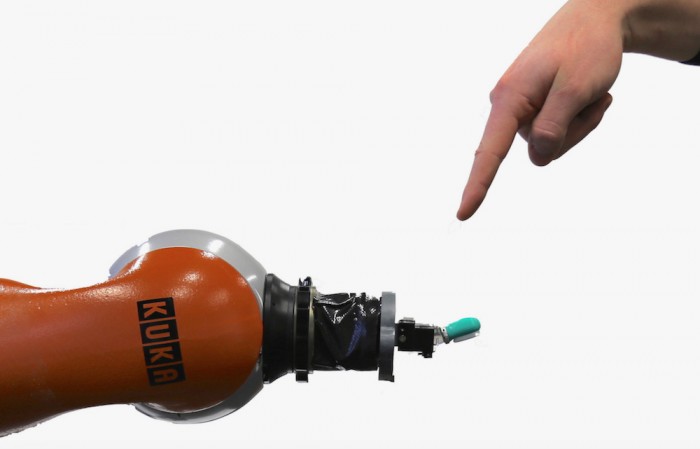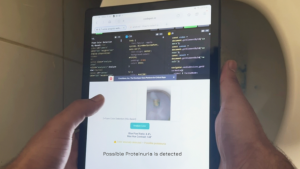
Recent advancements in robotic technology are bringing us exciting creations such as personal robot assistants and drones in public service roles. While these innovations are being unveiled to the public and positioned in the market, the fine tuning of the existing technology might be getting overlooked. German researchers at the Leibniz University in Hannover are getting granular with the technology by developing a nervous system that will enable robots to react to pain.
In response to whether the new development should be a safety concern, professor Sami Haddadin, who specialises in human-robot interaction, maintains that the system will benefit humans because the robots will be able to detect and prevent accidents from occurring. The other researcher on the project, Johannes Kuehn adds that “pain is a system that protects us”.
In their study, the researchers are looking at the human pain-reflex system and developing their tactile sensation technology on that. They came up with a bio-based controller that acts like a sensory system. Using a robotic arm with a BioTac fingertip sensor, the researchers tested the controller by subjecting the receptive sensor to various levels of pain. What they found is that the robot is able to quickly respond and then act accordingly to different types of pain.
“A robot needs to be able to detect and classify unforeseen physical states and disturbances, rate the potential damage they may cause to it, and initiate appropriate countermeasures, i.e., reflexes,” reads the research paper.
The researcher’s developments so far give us a glimpse of a more intelligent and intuitive robot that is able to protect itself from harmful situations and carry out tasks with greater efficiency.






